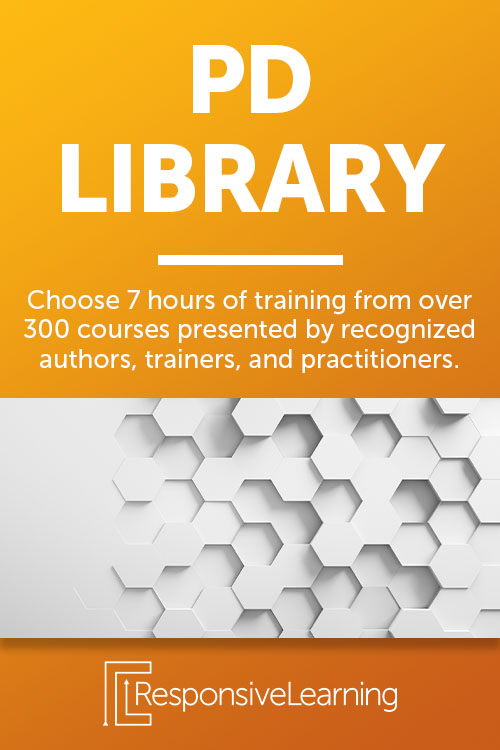Let’s face it — IEPs can be complicated. They’re incredibly important and can make all the difference in the world for students who need special education services, but the laws and regulations surrounding them can be difficult for any teacher to understand.
One area that educators often struggle with is the IEP committee.
Why do IEPs need committees?
Having a properly constituted IEP will allow your students to have access to a variety of people who all bring something different to the table to help craft their IEP. Having multiple people with multiple perspectives work together on an IEP will give a more rounded view of the student and allow the team to address challenges from different angles.
For example, a food therapist will have different suggestions than a physical therapist on what a student needs to thrive in the classroom.
Who’s on an IEP committee?
The individuals who make up your IEP committee will vary depending on the student, but it could involve people like:
- Parents
- District representatives
- Special education teachers
- General education teachers
- Social workers
- Early intervention specialists
- Physicians
- Therapists
- School psychologist
- The student
The incredible importance of IEP committees

For educators, having the correct people present in all IEP meetings is vital. Having the key IEP committee members involved when a student’s educational plan is drafted is not only best practice, but it’s an essential part of federal special education guidelines. You must ensure you fully understand your roles and responsibilities as a teacher in an IEP meeting as well as who needs a seat at the table.
Thankfully, there are resources that you can use to help you, like the newest course from Noodle Nook. In this course, SPED educator Ayo Jones shares the federal policy, local procedures, and teacher best practices behind IEP committees. Ms. Jones has spent her career helping educators become excellent at understanding SPED policies and best practices.
Keys to Special Education — IEP Committees
This course works well for compliance training staff on special education topics and effectively meeting the needs of students with disabilities within the guidelines of the law. It is a part of the KEYS to Special Ed Series which focuses on identifying students with disabilities, delivering essential interventions and supports, and complying with best practices and federal guidelines.
This series is an essential part of properly training your staff on special education topics, improving special education servicing on your campus, and meeting state accountability measures.
In this 15-minute course from Noodle Nook founder Ayo Jones, you’ll dive deep into IEP committees and learn:
- Who needs to attend an IEP meeting
- What roles key members play in an IEP meeting
- How teachers contribute to meeting information
After taking this course, you’ll understand procedural takeaways and essential teacher practices to help you confidently prepare for an IEP meeting.
Take the next steps
If you’re ready to jump into the world of IEPs, take a look at the demo for this course, Keys to Special Education — IEP Committees, today. It’s never too late to learn something new that will make a difference in your students’ lives.

